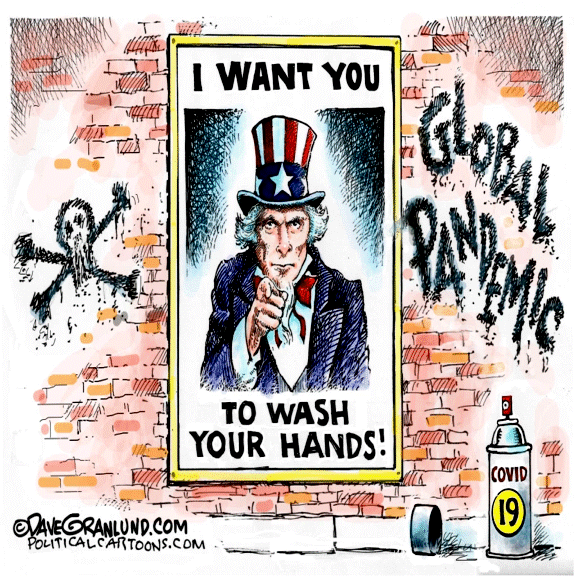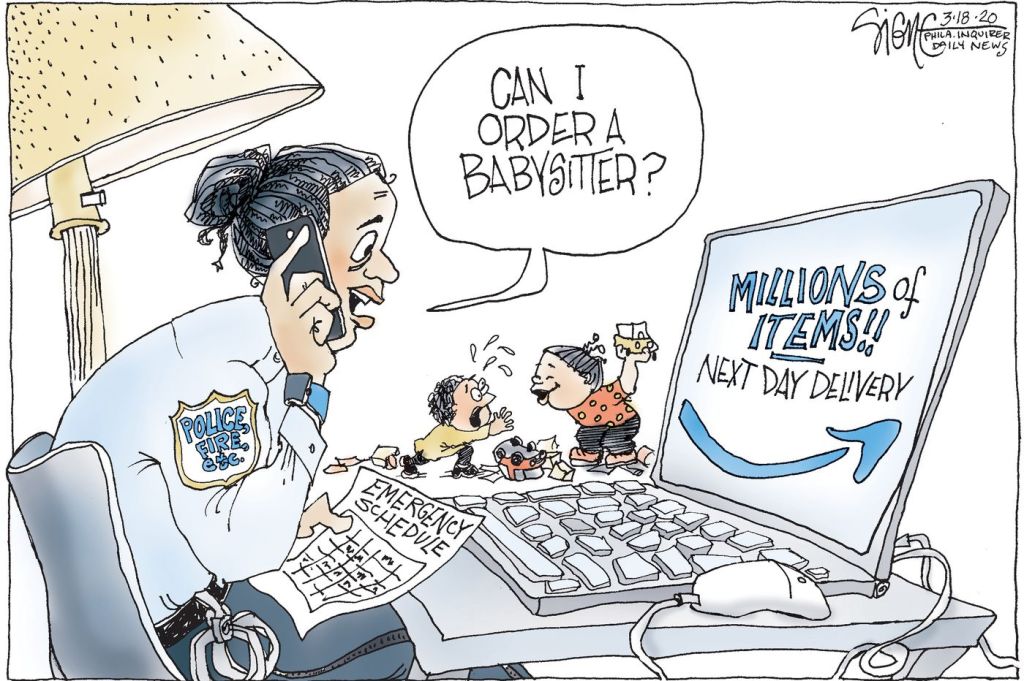Union to California’s teachers: Brace for cuts steeper than the Great Recession
CTA President Toby Boyd said forthcoming cuts will be “like nothing we’ve ever seen,” projecting loss of up to 50,000 teachers
In a signal that California public education leaders are bracing for the possibility of drastic funding cuts, the state’s teachers association is counseling local unions how to forestall the worst in their districts.
A California Teachers Association bargaining advisory issued last month drew heavily on lessons learned from the Great Recession, when more than 30,000 educators were laid off amid slashes to services and programs. Their advice to teachers unions? Know the numbers and bargain hard to stave off permanent cuts.
CTA President Toby Boyd said forthcoming slashes to public education funds will be “like nothing we’ve ever seen,” with the possibility of 50,000 teacher layoffs even if the state receives federal assistance.
Uncertainty abounds when it comes to this year’s state K-12 education budget, which supports most public school districts with the bulk of their funding. Perhaps not much solace, education leaders say, at least they are experienced in making cuts during a recession.
The legislature sent the state budget to Gov. Gavin Newsom’s desk on Monday, but it’s uncertain what happens next.
Newsom has until June 30 to sign, edit it with line-item cuts or veto it. He’s warned of 10% cuts to the Local Control Funding Formula, or how schools are funded, in his May revision. But the Legislature since has promised to rescind that, betting that federal aid in the form of the $3 trillion HEROES Act designed to stimulate a pandemic-stalled economy will materialize.
Even before the coronavirus outbreak closed schools in mid-March, many California public school districts were cash-strapped and considering layoffs. They’ve made emergency technology purchases to launch remote learning in the months since, and face added costs of reopening, such as providing personal protective equipment and additional cleaning.
On top of the public health and economic challenges, districts are fielding new calls to respond to national calls against racism and police violence by slashing budgets of campus police departments in the wake of George Floyd protests.
“I equate this to what happened in 2008/2009 as being Triple A baseball compared to Major League,” Boyd said. “This is going to be devastating to a lot of educational systems in the CONTINUE READING: Union to California’s teachers: Brace for cuts steeper than the Great Recession




























